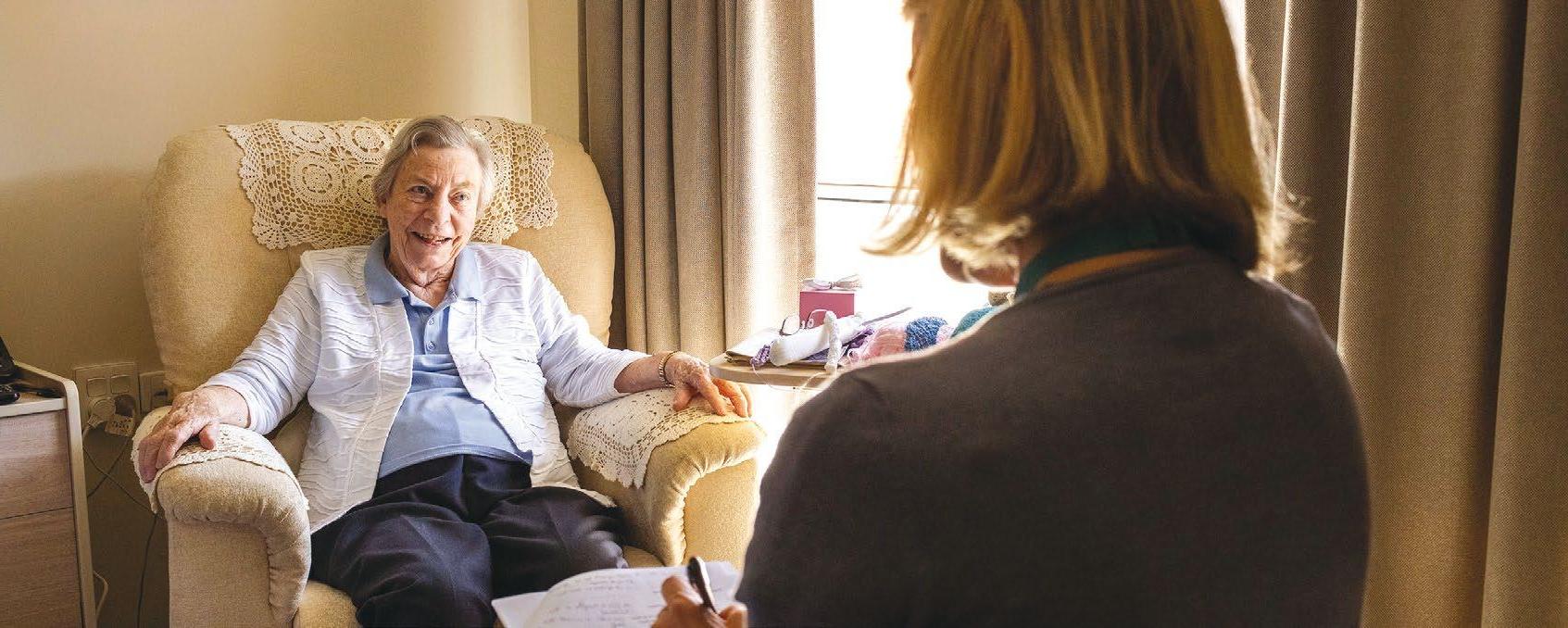Improve your writing
By Bro Alan Gale
Creating a masonic article Did you know that many of the articles we publish in Freemason are written by ordinary masons just like you? If you have something you want to communicate but aren’t sure if your writing skill are up to the task, follow these helpful tips from VW Bro Alan Gale. Step one – choose a topic Now this might seem self-evident, but when it comes time to put down words and thoughts, having a topic is of immense help. Generally the writer is recording an event, conveying information, or writing a fictional piece. Whatever it is, it needs to have ‘aha’ moments – when the reader is made aware of a fact, topic, notion or application of Freemasonry for the first time. It is amazing how simple this fact can be for the writer, but how mind-opening the ‘aha’ can be for the recipient. Never under-estimate the worth of the aha moment. Every article should leave the readier thinking, ‘Aha, I didn’t know that.’ The Event Article is the easiest to start with. There’s been an event, you’ve got some good pictures and you want people to know about it. There is no substitute for the five Ws of journalism: Who, What, When, Why and Where and you can also add ‘How’. Bear in mind the aphorism ‘brevity is the soul of wit’. Never start a lodge event article with the date. It’s amazing how often this happens. The first sentence should succinctly say what happened and why to whom. The Historical Article is perhaps next – such as the history of a lodge, research into the history or meaning of a degree or ceremony, the biography of a well-known mason (or even better, a not-well-known mason who should be known better). However the process of creating a really interesting history that is something other than a list of dates and events can be both time consuming and incredibly rewarding. The best historical articles delve into the
32
December 2021
background and personalities of events, contain sociological information about the events, and place them in a modern context. Too many historical articles simply list events in chronological order with an explanation. A good historical article leaves the reader with a sense of understanding why something happened, rather than being told it did.
constitution involved. The speculative article takes a common aspect of Freemasonry and asks the recipient to consider it from a completely different angle, or in a way that is not obviously stated by the ritual or history of Freemasonry; a way that is not part of the received tradition. These are the most challenging to create and require heavy research to give any claims or hypotheses solid foundation for consideration. A neat segue into the next step:
Freemason values its contributors and will work with them to produce the best possible article ...
The Explanatory Article delves into the background symbolism and allegory of Freemasonry. It could explain, for example, why the Third Degree came into being, or why the Royal Arch and Mark degrees are shunted to the side in some constitutions. It could be the result of researching the roles of Deacons and Stewards, why some lodges have altars and others don’t, or why the ritual is constructed in a certain way or how it was derived. The Speculative Article is the category which creates the most controversy and is the type that can be considered dangerous to the orthodoxy of the
Step two – research the topic It is essential the reader knows the foundation events, facts or circumstances that lie behind any article. Opinion pieces have their value, can be very entertaining and can lead recipients to new understandings or opinions about a topic. However its worth is entirely bound up by the respectability or reputation of the author. For example an opinion piece by a highly esteemed masonic writer such as Yasha Beresiner carries great weight, because Yasha is known world-wide as an entertaining and knowledgeable writer. But anyone without this reputation has to work to prove theses and research them well so the reader can follow the steps of the presentation. Research is perhaps one of the most rewarding areas of writing an article. There will be instances where the author begins work with a certain outcome in mind, only to find during the researching a different opinion or conclusion altogether. These are invariably the most interesting reads – where the author, confronted by something previously unknown, has something new and vital to convey.
Humility – Kindness – Generosity Freemason













